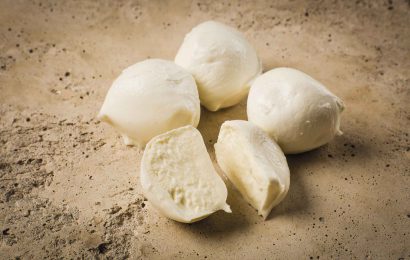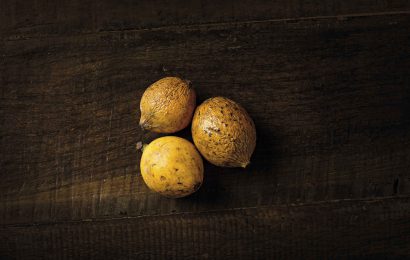Check out the highlights of the event promoted by Instituto ATA, which took place on the last weekend of January, in São Paulo
The seminar Fru.to: Food Dialogues, took place in the capital of São Paulo on the last weekend of January. The meeting is one of the pillars of the platform of the same name, which aims to connect, engage and mobilize actions in the field of food, and was created by the ATA Institute.
Carried out by chef Alex Atala and cultural producer Felipe Ribenboim, the initiative took more than 50 professionals, including chefs, farmers, politicians and activists, to the stage to discuss the relationship between man and food. Technological innovation, entrepreneurship, neuroscience, agribusiness, public policies, waste and education were among the topics covered. The last three subjects were the motto for the series of round tables that were included in this year’s program.
“Nutrition education is vital. It is necessary to review its role and the moment it enters the lives of individuals. An adult who does not use sugar is seen as correct, as someone who knows about nutritional reeducation, but a child who grows up without eating sugar is seen as a ‘poor thing’”, compared Bela Gil, chef and TV presenter, who took part in one of the debate tables. “Why not educate people from an early age? With simple things, it is possible to change and avoid many of the problems that we see out there, such as food waste. About a third of the food that is discarded in the world comes from people’s homes. Gastronomy can and should be seen as a school subject, generating, among other things, the child’s empathy for the ingredients, the plants, the soil ”, she adds.
17-year-old student Ariane Fachinetto told her story at the event: “I grew up eating rice, beans, pasta and meat at home. At school lunch, it was biscuits and more biscuits. Vegetables and fruits were not part of my daily life, and I only discovered them recently, in occupation projects I took part in the suburbs, in neighborhoods such as Brasilândia and Campo Limpo ”, she says. Ariane then began questioning the school for the lack of these ingredients. She was censored by the director, accused of causing a “revolution”. The intimidation had the opposite effect: Ariane involved herself even more actively in changing the scenario. As she succeeded, she ended up becoming a prominent community leader.
São Paulo-born Thiago Vinícius told another story that gained notoriety for food-related activism in his region. Thiago, from Agência Solano Trindade, mobilized communities in the suburban Southern regions of the city, especially in Capão Redondo, where he was born. With his help, the region today is cited as an example of a solidary economy. Thiago implemented dinners and fairs with famous chefs, a gastronomic guide and even an organic food delivery system, known as Armazém Organicamente. Users can place their orders by Whatsapp, at affordable prices. “Buying a R$3 lettuce free of pesticides was unthinkable for a family in the suburbs. Imagine that even buying vegetables or fruits in these regions of the city is difficult. Everything is far away and the products are expensive. What happens? Everyone buys at the corner shops, which basically sells processed products, full of fat, sugar and chemicals”, he explains.
Motivated by these inspiring stories, chef Bel Coelho, one of the guests invited to close the event, reaffirmed her belief in public acts – such as the Banquetaço and the demonstration against the Poison Bill – and private actions, as agents of transformation for the different realities in Brazil. “Me, as part of the elite and someone who has been privileged, have to ‘take advantage’ of my condition to consume good food, produced by fair companies, making the chain spin and demanding that this scenario is expanded and democratized”, she says. “We also can’t just complain and make guesses about realities we don’t know. I put my son in the public school system, for example, to be able to understand and start questioning the lunch in public schools in São Paulo”, she says.
As happened last year, after these three intense days, a document should be produced – “The 10 seeds of Fruto 2019” will compile the main ideas and questions raised. They are to be addressed throughout the year by all those involved in the project and its partners, as well as the entire community interested in these causes.
More at https://fru.to/



